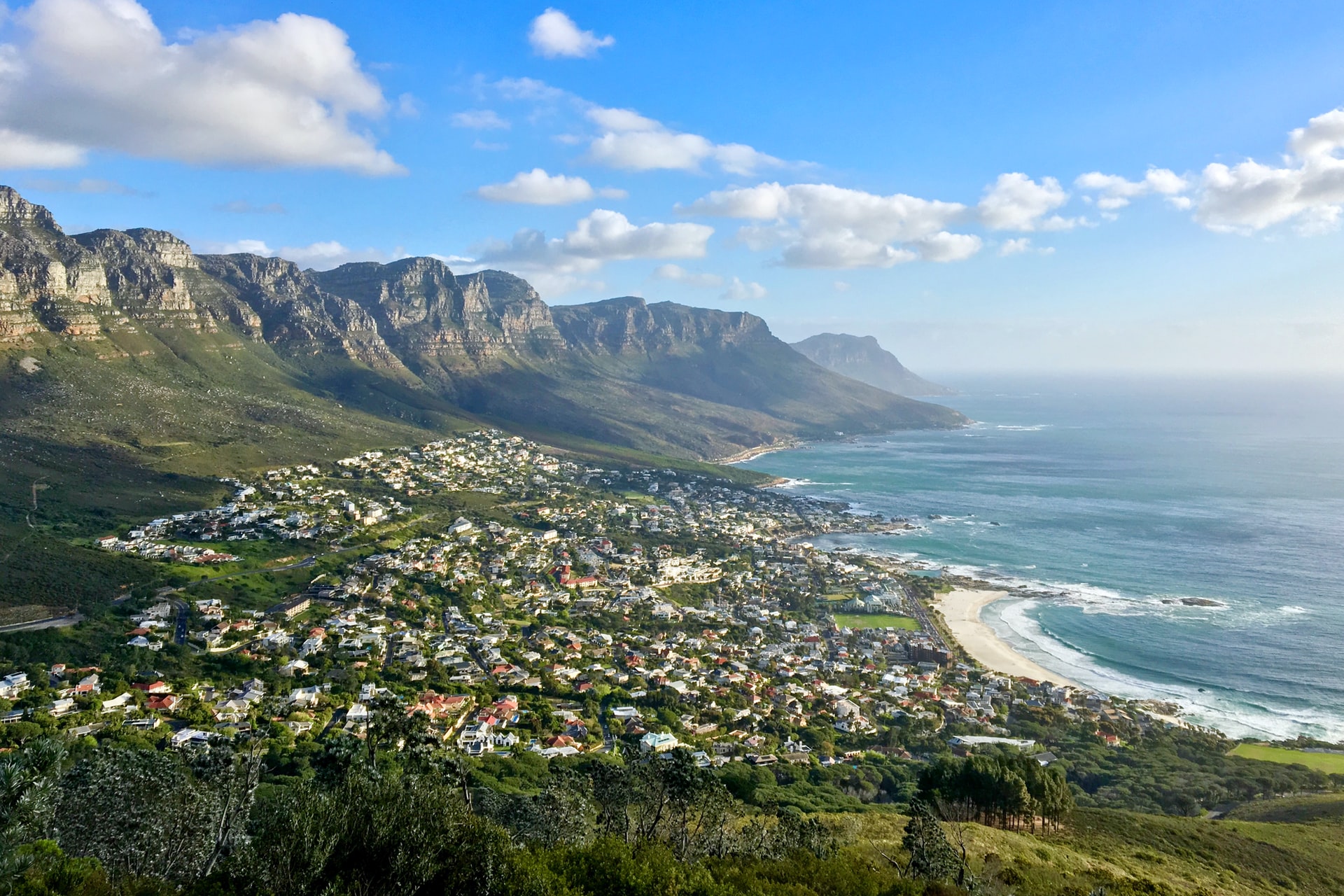Cape Town applying Water Sensitive Cities transition planning process
The Water Sensitive Cities Institute was recently engaged to deliver a Water Sensitive Cities transition planning process for Cape Town, on the back of the major drought in South Africa and the city approaching Day Zero. The City of Cape Town recently identified the goal of becoming a water sensitive city as one of five commitments in its new water strategy, and our support is part of the city realising that important commitment.
The WSC transition planning project is funded by the Western Cape Government and we are partnering with the Monash Sustainable Development Institute, Aurecon South Africa and the University of Cape Town’s Future Water Institute teams to deliver the work.
The project involves benchmarking Cape Town’s current performance using the WSC Index tool and developing a shared vision of a water sensitive Cape Town. We’re also helping Cape Town devise an implementation strategy that will identify strategies and actions for achieving the vision. Cape Town is an interesting case for the WSC Index, given its mix of formal and informal settlements, which sparks questions about how to score a city with such stark differences across both its social and physical contexts.

A major objective for Institute is to test the international application of the WSC Index, and potentially adapt the framework or application process so it is relevant to the South African context and other developing cities worldwide. This is a critical step in the Institute’s goal of scaling the WSC Index benchmarking applications worldwide, and being able to compare these applications using a common framework.
We are also accrediting Aurecon and the University of Cape Town so that they can deliver the WSC Index to other cities and towns in South Africa. Currently, WSC Index accreditation is delivered for Australian partners through an in-person two-day training session. But the COVID-19 restrictions mean we are delivering training for South African partners via shorter online sessions while still covering the same content and interactive facilitation sessions.
In yet another pivot prompted by the COVID-19 pandemic, our team has had to re-scope the project to deliver the series of workshops virtually rather than in person. The team will also need to adapt to social gathering restrictions in Cape Town.